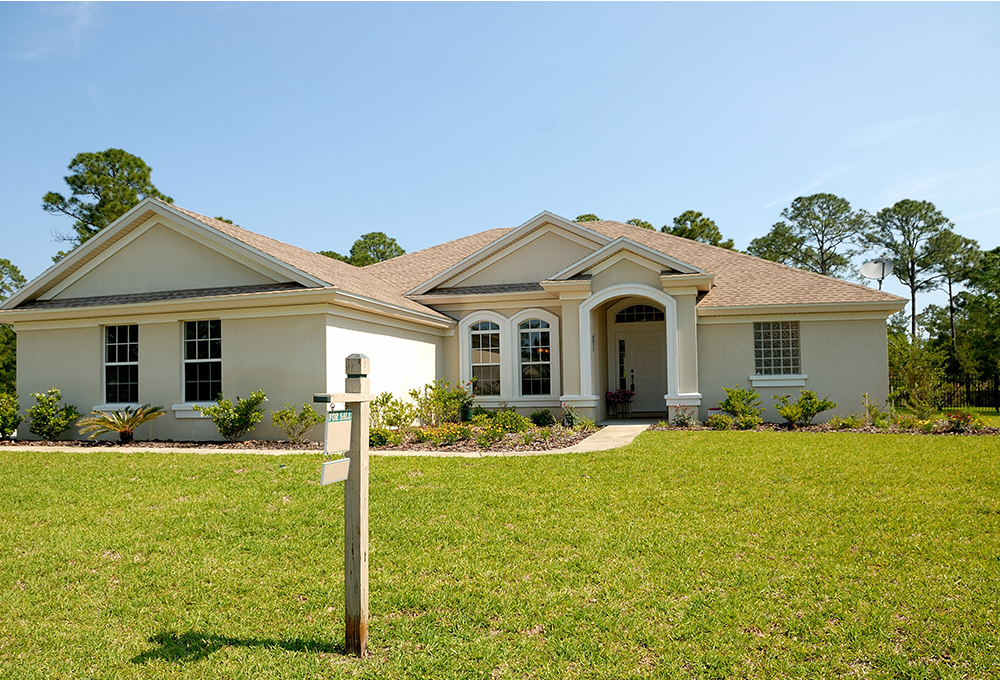You’ve likely seen the headlines that mortgage rates are hitting record lows, and refinancing activity across the country recently reached its highest level since August. Rates for 30-year fixed mortgages finished last week at 2.87% while 15-year fixed rate and 5-year Treasury hybrid adjusted-rate mortgages were at 2.37% and 2.89%, respectively.
Although the downward slide in interest rates has flattened over the past month, there are many factors outside of ultra-low rates that determine whether the time is right to refinance or buy a new home. It never hurts to have a conversation with your lender to explore a change, but whether it’s the right move for your family depends on these factors.
Does your house meet your future needs? Regardless of how much you love or hate your current home, buying or refinancing requires that you think about its ability to meet your future needs. Do you want to have children – or more of them? Plan to start working from home? Always wanted that inground swimming pool? A mortgage is a long-term commitment – and not just at initial purchase. Typically, you’ll need to pay closing costs when refinancing, but if you plan to stay in the house forever, refinancing when rates are low is almost a no brainer. If you expect to move after a few years, however, the savings from lowering your interest rate could be eaten up by closing costs. Your mortgage broker should be able to show you exactly what year the costs will break even, and you can make an informed decision from there.
Could you benefit from lower payments or a shorter term? When you look at your short-term cash flow needs and long-term financial goals, what payment amount and loan length would be ideal? If you want to be mortgage-free before you retire, changing from a 30-year fixed to 15-year fixed might be worth a larger monthly payment at a lower interest rate, so you can squirrel away the extra cash to travel the world in your golden years, for example.
What advantages are currently available? Your existing interest rate and potential refinancing rates are important factors. The recent rate environment has produced heightened refinancing activity, and depending on your answers to #1 and #2 above, you don’t want to let such opportunities pass you by. If your existing rate was already pretty good, however, the small change in rate will likely mean it takes longer to recoup your closing costs.
Can you exclude private mortgage insurance (PMI)? Typically, private mortgage insurance is required until you’ve paid 20% of your loan principal. If you’ve reached that threshold, refinancing could lower your monthly payments not only by securing a lower interest rate but also by omitting the previously required PMI costs from the equation. (Note: In our experience, PMI costs are not automatically removed once you’ve paid 20%. You must actively call your mortgage servicer to cancel payments.) If you’ve not yet reached the 20% threshold, refinancing could still allow you to remove PMI costs from your monthly payments by prepaying what remains in an advance lump sum.
Time and interest are always the main considerations in mortgage decisions. Given the current rate environment, I think it’s wise for every family to be discussing their home ownership and exploring options that could benefit their financial situation.
Blog by Aaron Waters, Wealth Advisor.
Category: Financial Service Team




